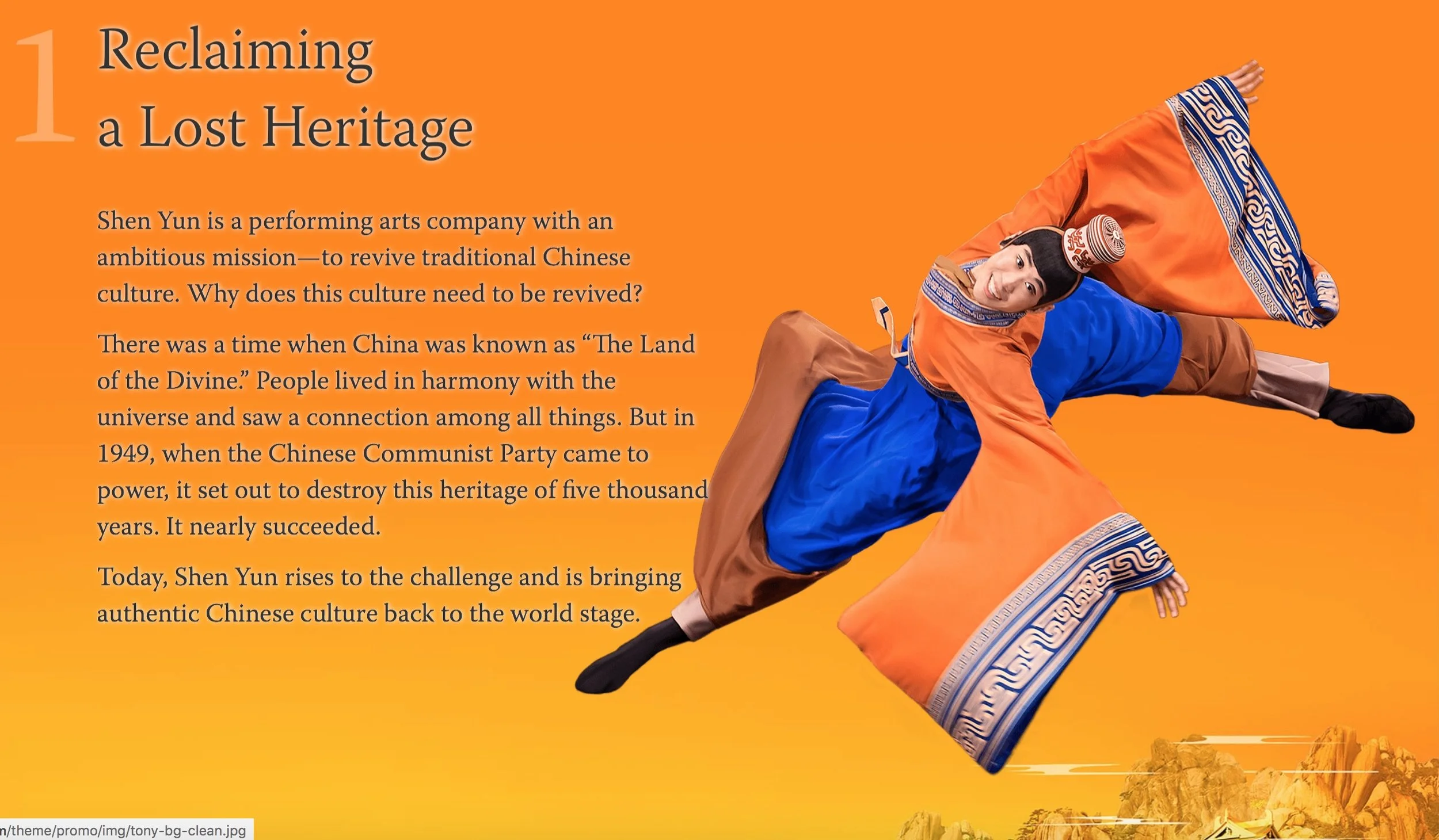Catching the Moment—Appreciating and Analyzing "On the Way"
By Jennifer Zeng and Damian Robin
Many of you might have moments in your lives when you suddenly feel touched and moved, either by a scene you see or relate to, or by something you suddenly feel inside or enlighten to in your heart. If you happen to be a poet, you might want to write a poem about this particular moment.
"On the Way" by Yuan Xi is exactly such a piece. Within as few as five lines and 28 Chinese characters, she depicts such a scene:
At a season, probably in early spring, when the weather and temperature change dramatically and abruptly, and when people are vulnerable to becoming ill physically or being moody mentally, when the sun is setting amidst the chirping of Francolins or other local birds, at a post house along a busy post road, which was used to pass on the post in old times, people meet one another "accidentally", surrounded by the night breeze, painted walls and screened windows.
However, this "accidental" meeting could be an arrangement made thousands of years ago; or it could be a "seed", or the starting point, for something to happen thousands of years later.
It could also be that this is just an "accidental" meeting; and after that, every "traveler" in this microcosm of the larger world is headed in their own direction and they will never have a chance to meet one another again.
So, what was being depicted in "On the Way" is just such a scene, and such a moment. It doesn't say much, but immediately brings the reader to that time, that scene and that moment, leaving a lot of room for imagination and different interpretations.
The original Chinese version of "On the Way" is a piece of Qu. Qu is a classical Chinese poetry form consisting of words written in one of a number of tone patterns, based on the tunes of various songs. The fixed-tone type of verse such as the Qu and the Ci, together with the Shi and Fu forms of poetry, comprise the three main forms of Classical Chinese poetry. Yuan Qu is a form of Qu from the Yuan Dynasty (1271–1368); and Tian Jiang Sha is one of the set tone patterns of Yuan Qu.
The translation process of this Yuan Qu is very interesting.
A word to word translation could run like this:
乍寒乍暖時光,
Suddenly warm, suddenly cold, at such a time
鷓鴣聲裡斜陽,
francolins chirping, the sun at an angle
驛路南來北往。
on the post-road, coming south, going north (in the Chinese language, subjects can be omitted. This is a device used frequently in poems.)
相逢陌上,
meet on the way
晚風油壁紗窗。
night breeze, painted walls, screened windows
A "polished" translation, based on the above translation, can be like this:
Another changing season, suddenly becoming warm or cold
As the sun sets amidst the chirping of Francolins
Upon the post road, people travel north and south
Some we meet on the way
Surrounded by the night breeze
Painted walls and screened windows.
A further "play" with the words can actually make the English word count match exactly that of the Chinese characters:
乍寒乍暖時光,
Quick-change season, feels warm then low.
鷓鴣聲裡斜陽,
Chatterings, francolins*, the sun angled low.
驛路南來北往。
Coming south, going north, post-road flow,
相逢陌上,
Meet as we go.
晚風油壁紗窗。
Night breeze—painted walls, screened window.
The ultimate test of this equal word-for-character practice would be to set the English into Tian Jing Sha. Let us examine if this might be possible.
Below is perhaps the most famous Tian Jing Sha Yuan Qu in Chinese history, Ma Zhiyuan's "Autumn Thoughts" as below. This English translation is by Professor Xu Yuanchong.
秋思 Autumn Thoughts
枯藤老樹昏鴉
Over old trees wreathed with rotten vines fly evening crows;
小橋流水人家
Under a small bridge near a cottage a stream flows;
古道西風瘦馬
On ancient road in the west wind a lean horse goes.
夕陽西下
Westward declines the sun;
斷腸人在天涯
Far, far from home is the heartbroken one.
A Chinese character is one integrated sound. In older versions of Tian Jing Sha, the pace is long and stately. Many of these single sounds are sung over two or three notes. For instance, in one old version singing “Autumn Thoughts”, the second character, 藤 teng, is broken into two parts of different pitch with a slight pause between; and the third character, lao, is also sung as two notes. The third and fourth characters, 老樹 lao shu , are each sung as three notes.
To indicate how versatile this older form can be, the first character of the second line, 小 xiao, is sung as four notes.
https://www.youtube.com/watch?v=A8c8zcGzpAE
So, although some of the English words picked for the word-for-character practice above are more than one syllable, there is scope for these words to be sung to the older versions of Tian Jing Sha. This form of verse parallelism can be used widely.
Let’s continue with a comparison of “Autumn Thoughts” and “On the Way”
Throughout the entire original Chinese Qu "Autumn Thoughts", there is only one verb, 下 xia, decline. All other characters are mostly nouns with adjectives and prepositions used to create a certain scene and atmosphere.
However, these simple 5 lines and 28 characters have been loved and recited for nearly a thousand years by people around the world.
It is an incredible diction and evocation of a lonely and slightly morbid feeling, which so many people can identify with.
Yuan Xi's "On the Way" is as simple, as concise, as "ancient", as beautiful, and as vivid as Ma Zhiyuan's "Autumn Thoughts".
However, its mood is calmer, more "neutral" and more controlled. It may not disturb or cause as much emotion and feelings as "Autumn Thoughts", but it leaves a lot of room for the readers to ponder, to pause and think, and to long to go with the poet to that scene and that particular moment to, possibly, silently sit together in a post house room, under a dim oil lamp, surrounded by the night breeze, painted walls and screened windows, to spend some poetic and unforgettable moments.
Photo by Benny Zhang Studio






